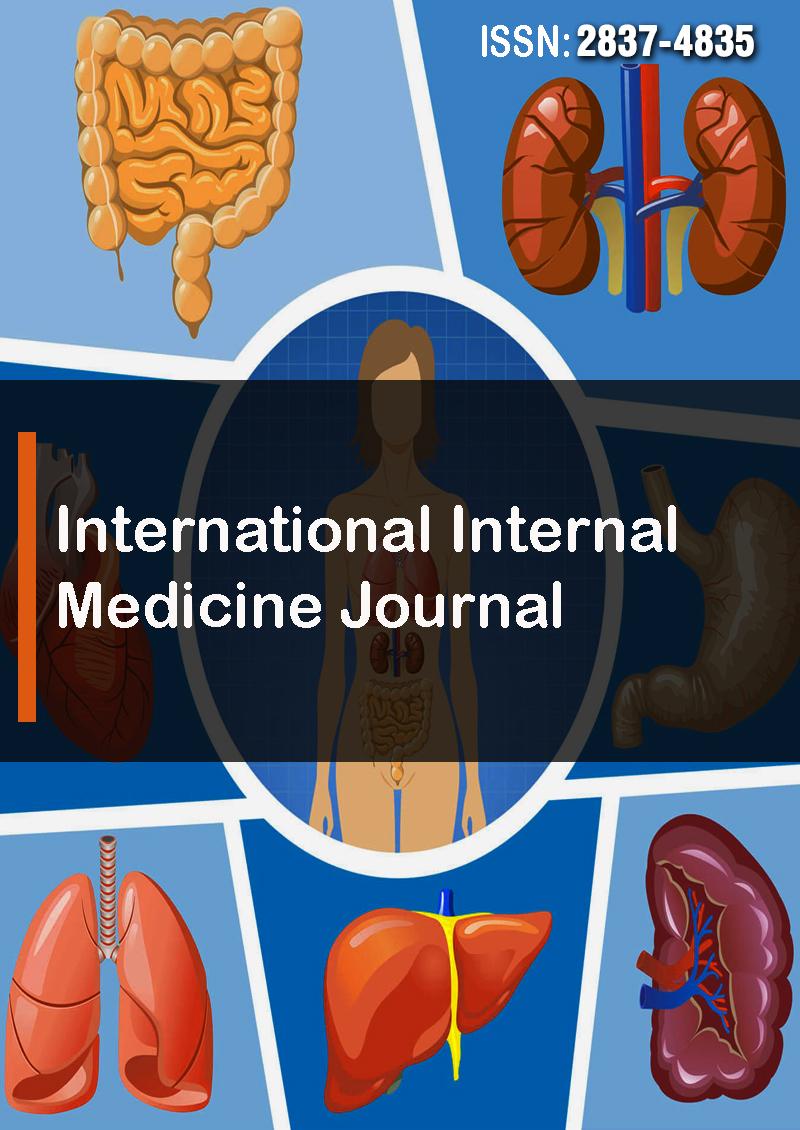The Impact of Type 2 Diabetes Mellitus on Treatment Success in IBS Patients
Abstract
Cagdas Erdogan and Beril Turan Erdogan
Aim: This study aimed to investigate the impact of type 2 diabetes mellitus (T2DM) on treatment outcomes in patients diagnosed with irritable bowel syndrome (IBS) according to the Rome IV criteria.
Materials and Methods: A prospective, observational cohort study was conducted at a gastroenterology clinic between March 2023 and July 2023. Participants included adults diagnosed with IBS based on Rome IV criteria. Patients with significant gastrointestinal disorders, psychiatric conditions, or contraindications to IBS treatment were excluded. Clinical assessments, including Visual Analog Scale (VAS), Bristol Stool Chart, IBS Symptom Severity Score (IBS-SSS), and IBS Quality of Life (IBS-QoL) scores, were conducted before and after treatment.
Results: Of the 363 included patients, 174 had T2DM, and 189 did not. T2DM-positive patients were older, had higher BMI and HbA1c levels. The DM-negative group showed significantly better treatment responses in all clinical scores (VAS, Bristol Stool, IBS-SSS, and IBS-QoL) after treatment. While there was no initial difference in clinical scores, post- treatment scores showed a significant disparity between the two groups.
Conclusion: This study highlights the complex interplay between T2DM and IBS, emphasizing the need for a comprehensive approach to patient care. It suggests that exocrine pancreatic insufficiency (EPI) may mimic IBS symptoms in T2DM patients, calling for a reconsideration of diagnosis and treatment strategies. These findings underscore the importance of looking beyond surface-level diagnoses and considering comorbidities, leading to improved healthcare for all. Further research with larger and more diverse samples is warranted to validate these results and explore treatment options in more detail.



